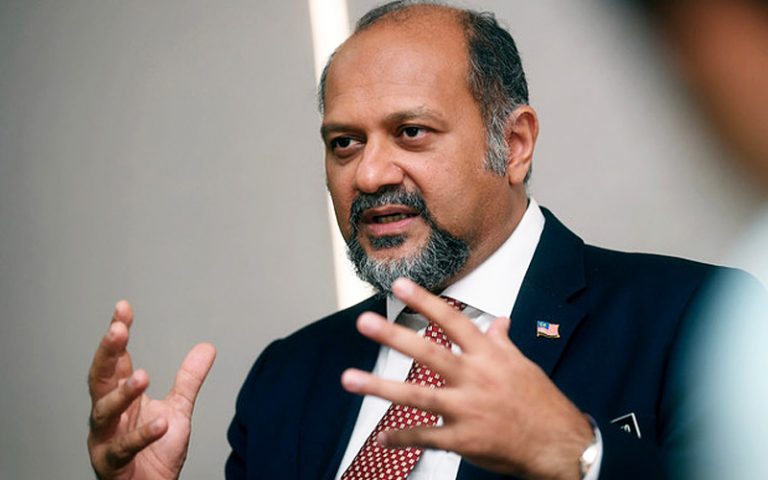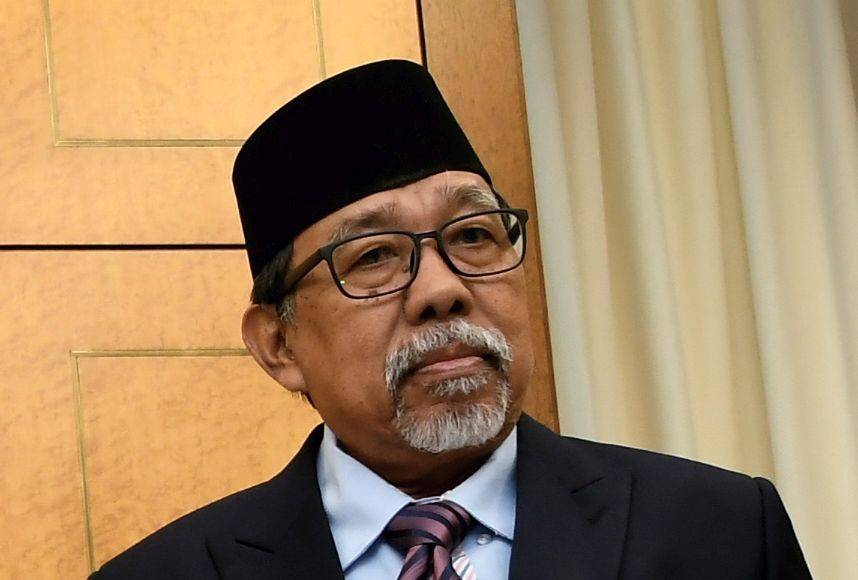DIGITAL Minister Gobind Singh Deo has proposed that a new law placing responsibility for misuse of social media including cyberbullying, on social media platform owners be introduced.
The recent death of TikTok influencer A Rajeswari, who was known as Esha, is now the culminating point that has brought Gobind together with Law and Institutional Reform Minister Datuk Seri Azalina Othman Said and Communications Minister Fahmi Fadzil to bring the issue up.
“I also suggested that a new law be considered to place the responsibility on platform owners to ensure misuse does not occur, and if it does, immediate action can be taken to prevent such a situation from happening.
“We need to send a clear signal that we are serious about looking for a solution for this problem and every related party has a vital role to play for that purpose,” he said in a statement yesterday (July 13), adding that existing laws especially the Communications and Multimedia Act, the Penal Code and the Computer Crimes Act are enforceable.
“We need to ensure that platforms are safe in terms of cybersecurity, personal data protection and most importantly cannot be misused by anyone.
“Cyberbullying cases must be taken seriously and tackled immediately. We need to ensure that laws are drafted to avoid misuse, and if it occurs, swift action is taken.”
As of now, Malaysia doesn’t have specific legislation solely dedicated to cyberbullying.
However, existing laws address online behaviour. Notably, the Communications and Multimedia Act of 1998 plays a role in regulating digital interactions.
Additionally, in October 2019, the Health Ministry identified body-shaming as a form of cyberbullying.
No country currently has a specific law directly holding social media platforms responsible for cyberbullying cases.
Singapore has laws addressing cyberbullying including the Cybercrime Prevention Act of 2012. Penalties include imprisonment and fines for those held responsible.
Thailand has no specific law governing cyberbullying. However, existing laws can be applied.
Indonesia has the Anti-Bullying Act of 2013 and the Cybercrime Prevention Act of 2012 address cyberbullying. The latter criminalises offences like cyberstalking, cybersex, identity theft, and online libel.
The Philippines also has a Cybercrime Prevention Act of 2012 (Republic Act No. 10175) covers cyberbullying. Penalties involve imprisonment and fines. – July 14, 2024









